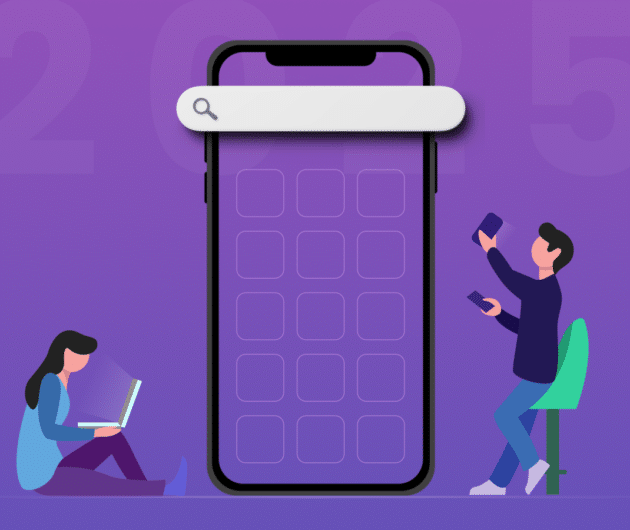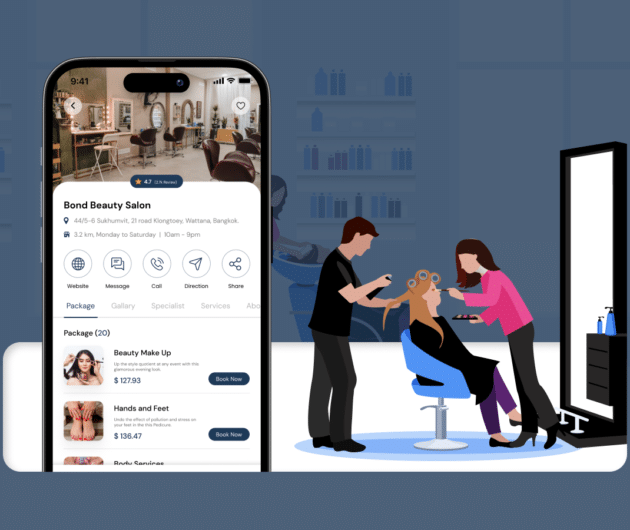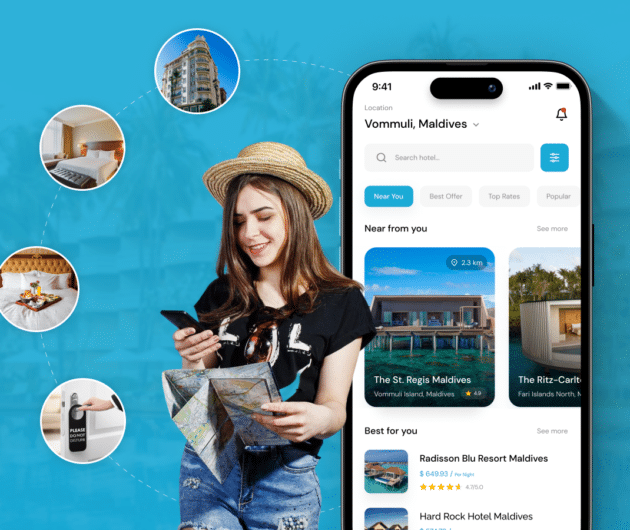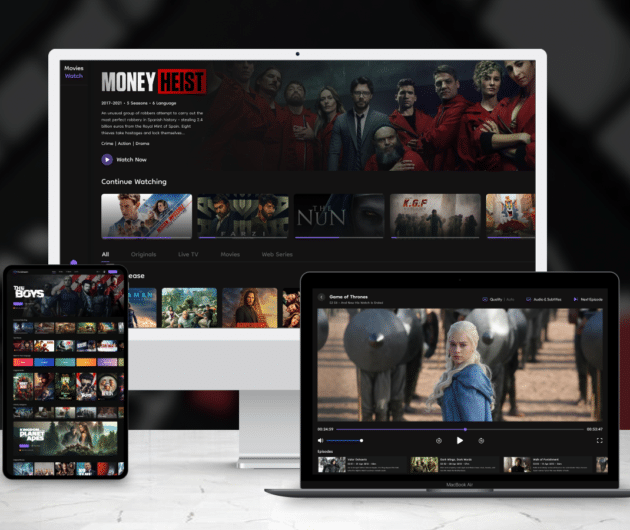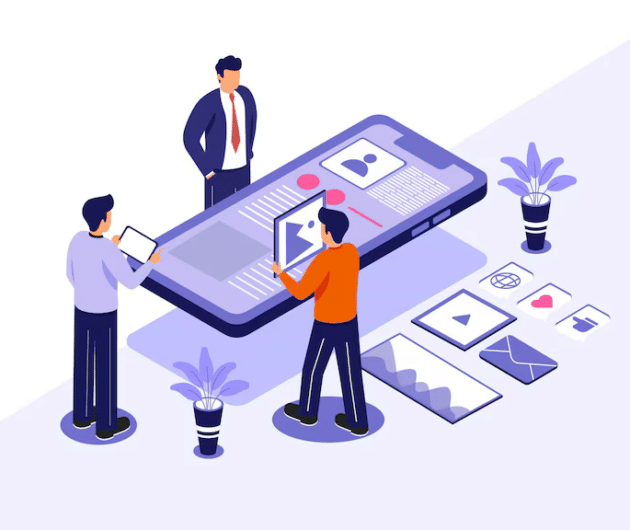IoT in Healthcare Industry: Benefits, Use Cases, Challenges
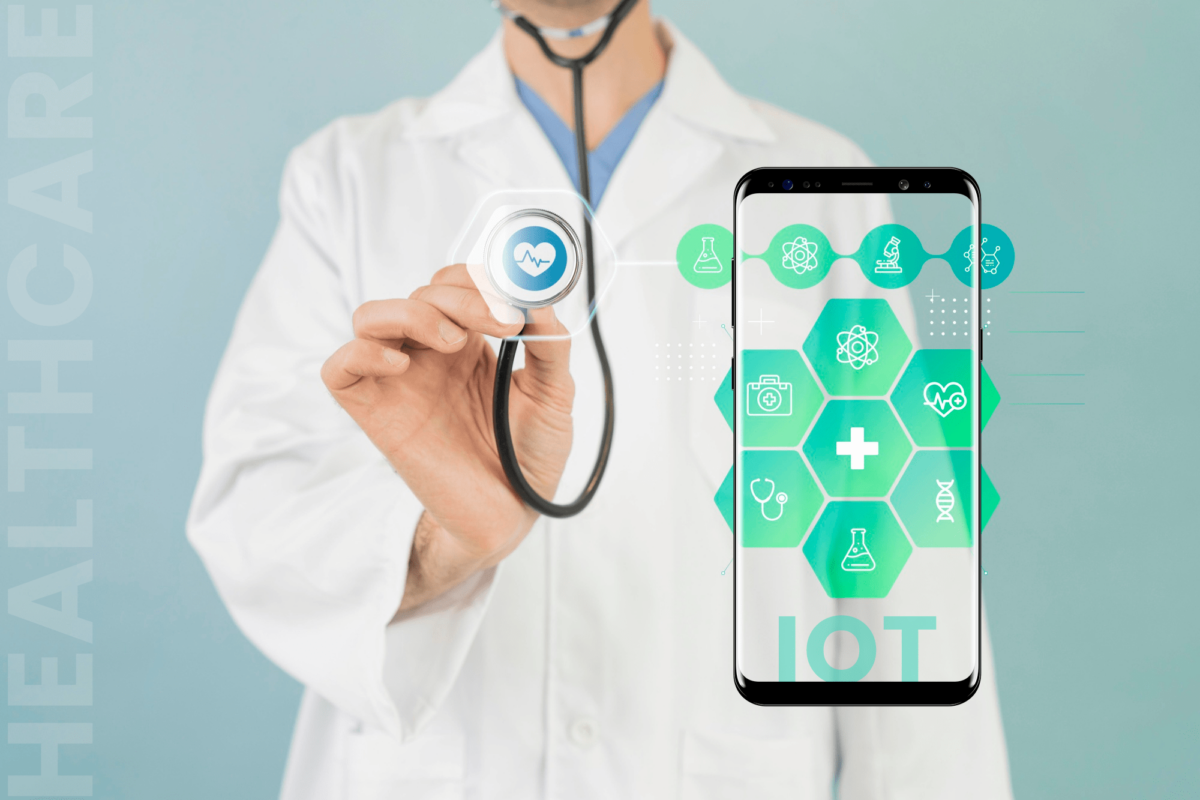
-
Jignesh Nakrani
- May 17, 2023
- 6 min read
Before the advent of the IoT, patients seeking medical care were limited to traditional visits, and continuous health monitoring was a pipe dream. IoT was a groundbreaking technological marvel that has revolutionized the healthcare industry by empowering remote patient health monitoring. With IoT-enabled devices, physicians can now provide top-notch patient care, ensuring their safety and well-being even from a distance.
According to Statista, the global IoT in healthcare market value will exceed 260 billion U.S. dollars by 2027. IoT has helped reduce hospital visits and prevented costly readmissions by enabling remote patient health monitoring. IoT can transform healthcare with improved outcomes, efficiency, and cost reduction but faces challenges like data privacy, security, and system integration. This article explores IoT’s benefits, challenges, and real-world medical use cases, offering a comprehensive understanding of its potential to enhance patient care.
What Does IoT in Healthcare Mean?
IoT refers to devices’ interconnectivity and ability to exchange data over the Internet. IoT in healthcare involves using sensors, devices, and other connected technologies to collect and transmit data from patients and healthcare providers. This data can be used to monitor patient health, track medication adherence, and improve overall efficiency in healthcare delivery.
Benefits Associated With The Use of IoT in Healthcare
IoT implementation offers undeniable advantages to both doctors and patients. Some of the benefits include:

- Automation of Healthcare: IoT-enabled systems can automate patient registration, appointment scheduling, and data entry, eliminating manual paperwork and reducing administrative tasks. IoT healthcare software can also automate data analysis, providing healthcare providers with valuable insights and decision support. Automation saves time and minimizes the risk of errors, enabling healthcare professionals to focus more on patient care. Patients can save their time without waiting in a queue.
- More Precise Diagnosis: IoT technology in healthcare allows for more precise and accurate diagnoses of medical conditions. By integrating various sensors and devices, healthcare providers can collect real-time patient data, such as heart rate, blood pressure, glucose levels, and other vital signs. This data can be continuously monitored and analyzed using IoT healthcare software, enabling doctors to detect and diagnose health issues more effectively. The ability to gather and analyze comprehensive patient data can lead to earlier detection of diseases and more personalized treatment plans.
- Drugs and Equipment Management: Smart devices equipped with IoT technology can monitor and track medication inventory, ensuring that hospitals have the necessary medications available when needed. Additionally, IoT-enabled equipment can provide real-time monitoring and maintenance alerts, reducing the risk of equipment failure or downtime. For instance, IoT healthcare software can track the usage and availability of medical devices, enabling proactive maintenance and timely replacements to ensure optimal functionality.
- Proactive Treatment: IoT devices enable proactive and remote healthcare monitoring, which can significantly improve patient outcomes. For example, wearable devices and remote sensors can continuously monitor patients’ health parameters and transmit real-time data to healthcare providers. This data can be analyzed using IoT healthcare software to identify anomalies or warning signs. Healthcare professionals can intervene promptly by detecting potential health issues early, leading to timely treatment and preventing complications.
Challenges of IoT in Healthcare
The Internet of Things holds immense potential to revolutionize the healthcare sector, as its incredible capabilities are. It is important not to overlook the pitfalls associated with it.

• Security and Privacy Concerns in IoT Healthcare Applications
Medical software development in the Internet of Things (IoT) context introduces significant security and privacy challenges. Connecting various medical devices, sensors, and systems increases the potential attack surface for cybercriminals. Breaches in security can have severe consequences, compromising patient data confidentiality and even endangering patient safety. As a healthcare organization, you must invest in robust encryption protocols, authentication mechanisms, and intrusion detection systems to mitigate these risks.
• Interoperability Issues
It refers to the ability of different IoT devices and systems to exchange and interpret data accurately. In healthcare, where multiple devices from various manufacturers are used, ensuring interoperability becomes challenging. A lack of standardized protocols, data formats, and communication interfaces can hinder seamless integration and data sharing between devices and platforms. It can lead to fragmented data, inefficiencies, and missed opportunities for comprehensive patient care.
• Data Overload and Management
IoT devices in healthcare generate a massive amount of data, ranging from patient vitals to environmental parameters. Handling and managing this data become a significant challenge, and healthcare providers need efficient mechanisms to filter and analyze the data for meaningful insights. Data storage, processing, and analytics infrastructure must also be scalable and cost-effective to accommodate IoT-generated data’s increasing volume and velocity.
• Regulatory and Ethical Considerations
To ensure patient privacy, compliance with data protection regulations, like the Health Insurance Portability and Accountability Act (HIPAA), remains critical. Additionally, ethical considerations arise concerning data ownership, consent, and potential bias in AI algorithms used with IoT devices. Striking a balance between innovation, data utilization, and ethical responsibility is essential to navigating these challenges successfully.
Read Also: Know Why AI is Beneficial for Growth of Healthcare Sector
How Developing IoT App Benefits Healthcare Sector?
The Internet of Things (IoT) is quickly changing the healthcare industry. IoT devices are being used to collect and monitor patient data in real-time, which can help to improve patient care and outcomes.
Here are some of the most common IoT use cases in the healthcare industry:

• Diabetes Patient Management
Globally over 100 million adults grapple with diabetes or prediabetes. Gone are the days of people with diabetes relying on finger pricks, an arduous method that often resulted in periodic testing, jeopardizing their well-being in the long run. The absence of real-time data left patients susceptible to dangerous fluctuations in glucose levels, bearing severe health consequences.
However, IoT-based glucose monitoring devices with wearable sensors help capture glucose levels seamlessly, swiftly transmit the data to a reader and smartphone app, and wirelessly convey it to a centralized system. This dynamic system ensures prompt updates for loved ones and healthcare providers, enabling real-time monitoring of diabetes and its related ailments.
• Mobile Healthcare
The IoT app development has revolutionized the healthcare industry, particularly in virtual hospitals. With the integration of intelligent IoT devices, such as connected personal wearables, hospitals are no longer limited to physical spaces. Patients can now receive outpatient and long-term care remotely, right in the comfort of their own homes. This approach helps alleviate the strain on hospital resources by freeing up bed space for patients requiring in-person intensive care.
• Smart Lab Management
IoT plays a pivotal role in monitoring and transmitting scientific and health data. It empowers researchers and healthcare experts from various fields to effortlessly capture and exchange precise laboratory data, thereby expediting the analysis process. Moreover, incorporating alert systems prevents equipment malfunctions and safeguards invaluable product information and materials, such as crucial medical samples. Smart labs foster enhanced collaboration among researchers and facilitate the swift introduction of vital medical products to the public market.
• Electronic Health Records(EHR)
The IoT-enabled healthcare systems offer authorized users real-time data collection from connected medical devices, such as wearables or sensors, which allows for continuous monitoring of patients’ vital signs, medication adherence, and activity levels. This data can be seamlessly integrated into EHR systems, providing healthcare professionals with a comprehensive and up-to-date view of patients’ health. IoT-powered EHRs also facilitate remote patient monitoring, enabling healthcare providers to remotely diagnose and manage chronic conditions, reducing hospital readmissions and improving overall patient outcomes.

• Efficient Asset and Inventory Management
IoT-enabled asset tracking and inventory management systems streamline healthcare operations. Hospitals can monitor the location and condition of medical equipment, track inventory levels of medications and supplies in real time, and automate restocking processes, ensuring efficient resource utilization and reducing costs.
• Smart Healthcare Facilities
IoT apps can optimize the functioning of healthcare facilities. They can control lighting, temperature, and other environmental factors for patient comfort and energy efficiency. Additionally, IoT systems can monitor and manage security, ensuring the safety and privacy of patients and staff.
• Early Disease Detection and Prevention
IoT devices and sensors can detect early warning signs of health conditions, allowing for early intervention and preventive measures. For example, wearable devices can monitor cardiac activity and alert individuals or healthcare providers in case of abnormalities.
• Wearable Devices
Wearable devices, such as fitness trackers and smartwatches, can be used to collect data about patients’ health. This data can be used to monitor patients’ health, provide feedback on their fitness goals, and even alert doctors to potential health problems.
Final Thoughts
With the global IoT in the healthcare market projected to reach a staggering 260 billion U.S. dollars by 2027, the prognosis for IoT’s impact is exceptionally favorable. By reducing hospital visits, preventing costly readmissions, and paving the way for improved outcomes, efficiency, and cost reduction, IoT is set to become the star of the healthcare show.
So, as we wrap up this enlightening journey, let us remember that IoT in healthcare isn’t just a concept confined to sci-fi movies — it’s a tangible reality with the power to heal and transform lives. So, let’s embrace the wonders of IoT, dance to the rhythm of connected healthcare, and ensure a healthier and happier future for all. Cheers to the IoT revolution in healthcare — where technology meets compassion, and miracles happen one byte at a time!
Overall, IoT has the potential to make a significant impact on the healthcare industry. By improving efficiency, reducing costs, and improving patient outcomes, IoT can help to make healthcare more affordable and accessible to everyone.
You may also like
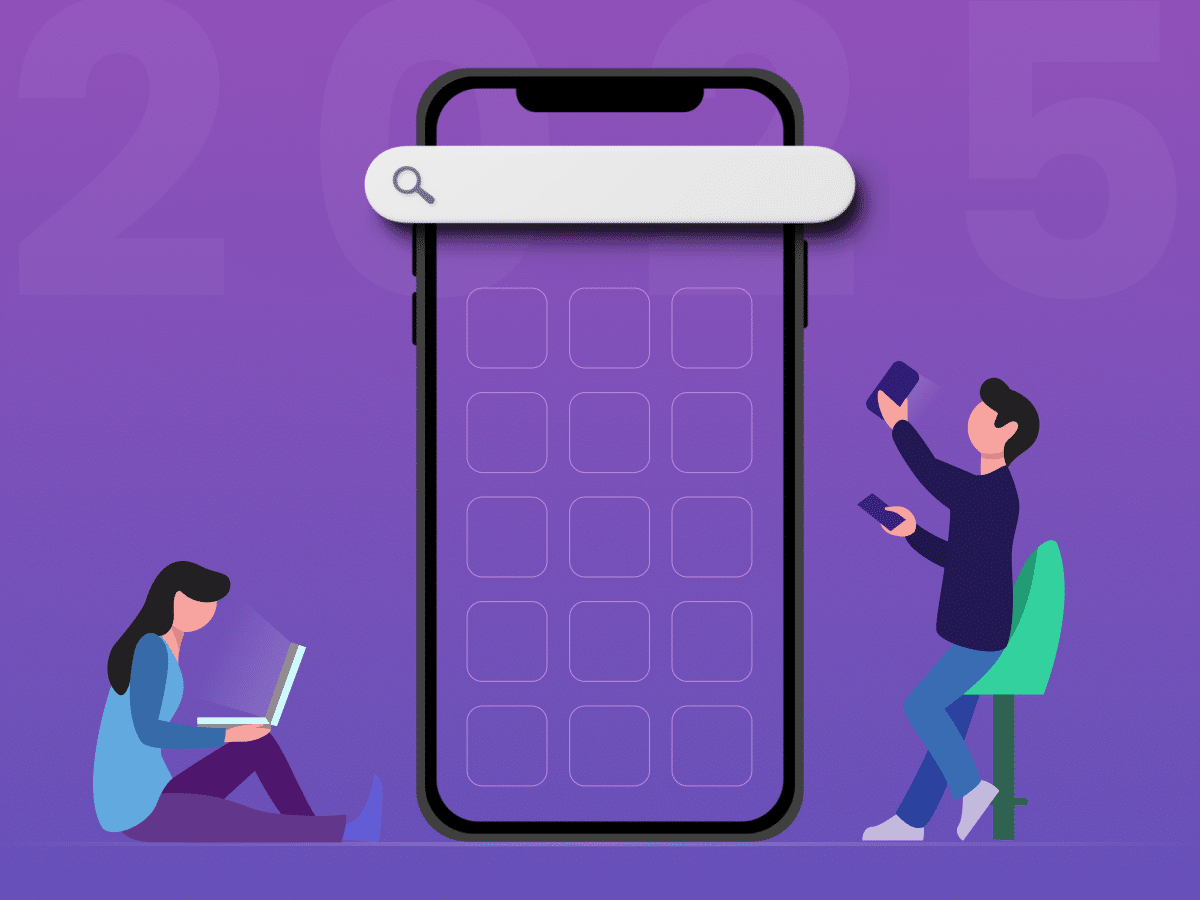
How to Choose the Right Mobile App Development Company
-
Ankit Patel
Imagine this: you’ve got a brilliant app idea that could revolutionize your business, take it to new heights, and transform your entire customer experience. But without the right team to… Read More
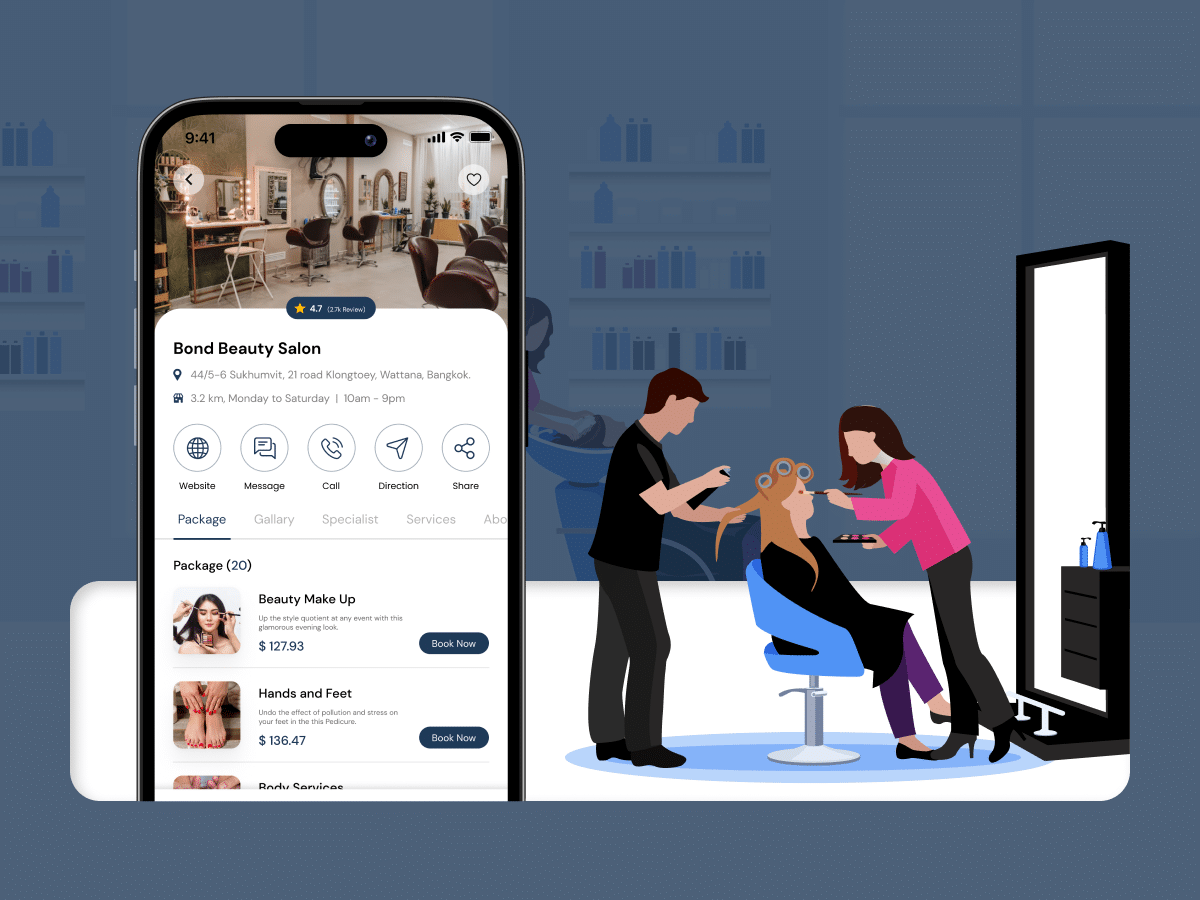
How Much Does it Cost to Build a Salon Booking App like Fresha?
-
Ankit Patel
We all have witnessed the buzz in the world of beauty & wellness, and it’s booming every day thanks to the fast-paced and stressful lifestyle. In an era where time… Read More
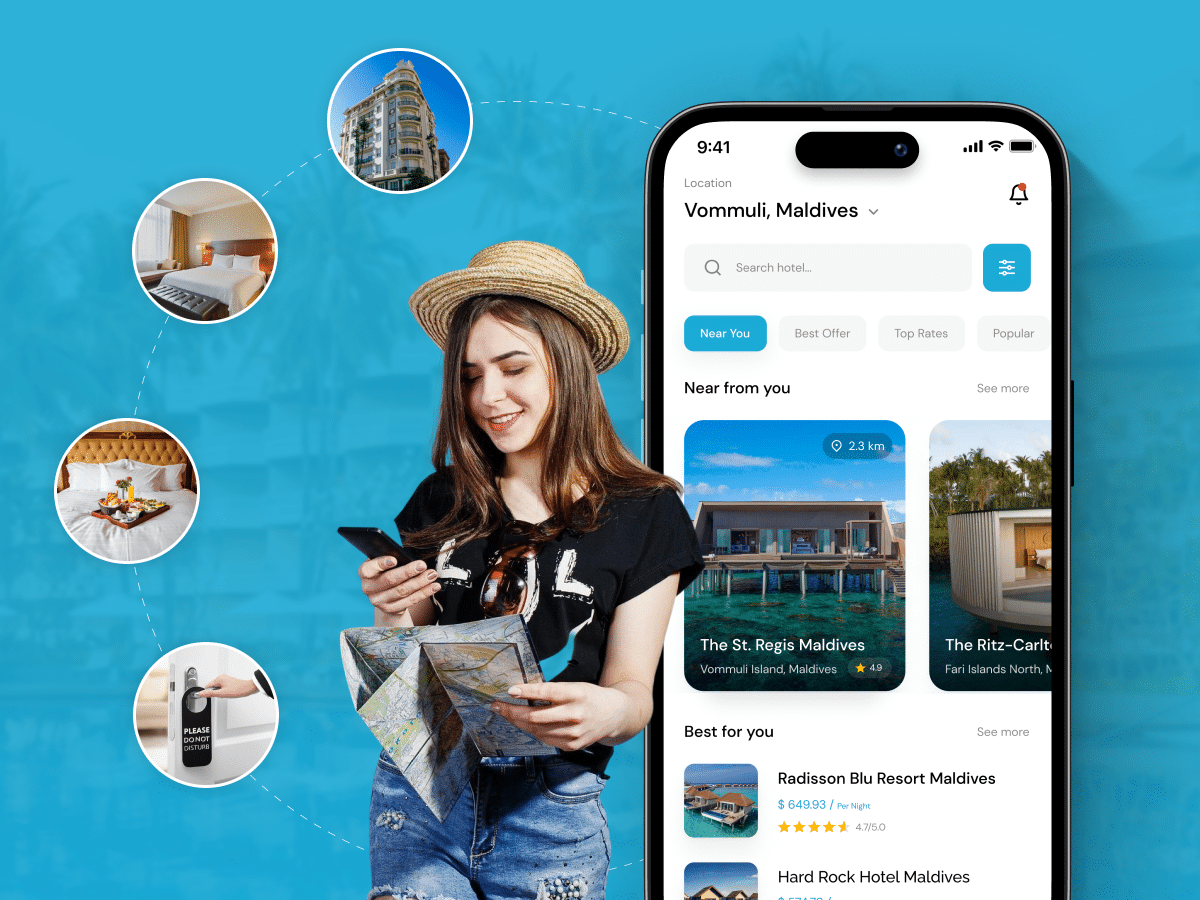
A Complete Guide to Hotel Booking App Development With Cost
-
Ankit Patel
Whether it’s a corporate business trip or a relaxing vacation with friends, finding the right hotel at the right time and a seamless hotel booking experience is not a luxury… Read More

